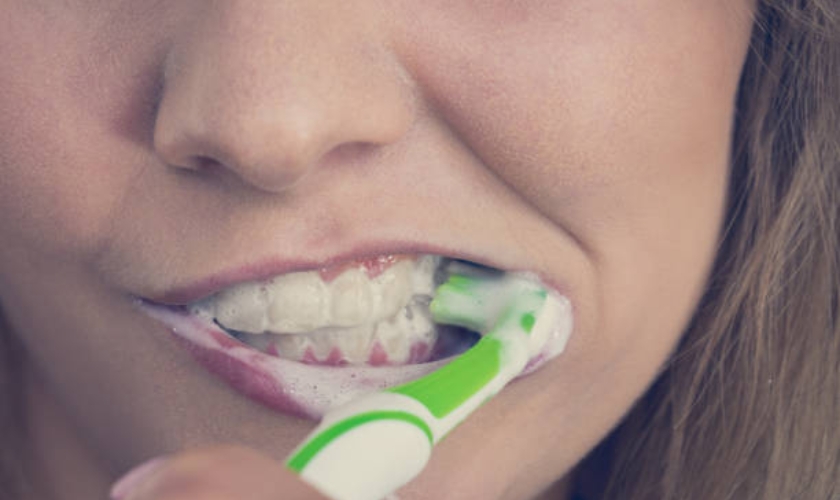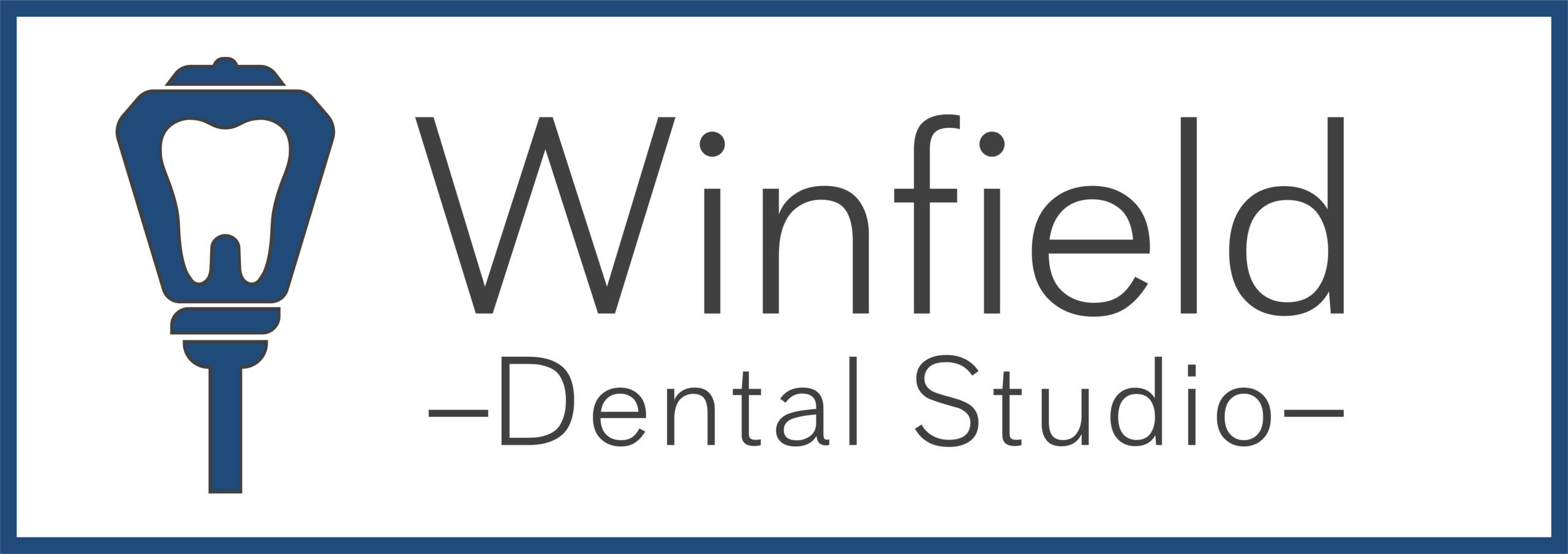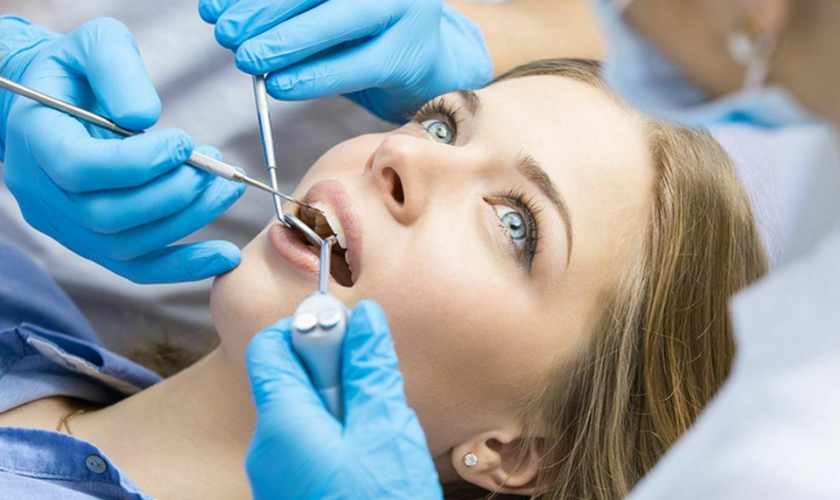
Brushing After Sealants: Friend or Foe?
Did you get dental sealants applied? Congratulations! These protective shields are fantastic for preventing cavities, especially on those tricky-to-clean back teeth. But brushing your teeth is still a crucial part of your oral hygiene routine, and you might be wondering – can I brush my teeth generally after getting sealants? The answer is yes but with a few tweaks!
Why Brushing Matters After Sealants
Dental sealants are a thin coating painted onto the chewing surfaces of your teeth. They act as a barrier, stopping food particles and bacteria from getting stuck in the grooves and pits of your teeth, which can lead to cavities. However, sealants don’t cover the entire tooth. The sides, in between teeth, and the gumline are still vulnerable to plaque buildup and decay. Brushing twice daily with fluoride toothpaste is still essential to remove plaque and food debris from these areas, keeping your whole smile healthy.
Brushing Right After Sealant Application
Immediately after getting sealants applied, your dentist will likely recommend waiting a few hours before brushing your teeth. This ensures the sealant fully cures and hardens. The curing time can vary depending on the type of sealant used, so follow your dentist’s specific instructions.
Brushing Techniques After Sealants
Once you’re good to go, here are some tips for brushing your teeth after getting sealants:
- Use a soft-bristled toothbrush: This will help prevent damaging the sealant.
- Be gentle: Avoid harsh scrubbing motions and use a gentle, circular brushing technique.
- Brush all surfaces: Remember, the sealant only covers the chewing surfaces. Make sure to brush your teeth’ sides, backs, and gumlines thoroughly.
- Don’t forget your tongue: Brushing your tongue helps remove bacteria that can contribute to bad breath and even gum disease.
- Make flossing a daily habit: It helps remove plaque and food particles lodged between your teeth, areas that a toothbrush can’t effectively clean. This is especially important for preventing cavities between teeth, which sealants don’t protect against.
Maintaining Your Smile with Sealants
Here are some additional tips for keeping your smile healthy with dental sealants:
- Maintain regular dental checkups and cleanings: Your dentist can check the condition of your sealants and make sure they’re still intact. They can also remove any built-up plaque or tartar that brushing and flossing miss.
- Avoid chewing on hard objects: This can damage or dislodge your sealants. Think twice before chomping on ice, hard candy, or nuts.
- Rinse your mouth with water after eating or drinking sugary or acidic beverages: This helps remove leftover particles contributing to staining or cavities. Sugary drinks like soda and juice can create an acidic environment in your mouth, increasing the risk of cavities even on sealed surfaces.
- Consider using a mouthwash: While not a replacement for brushing and flossing, a fluoride mouthwash can provide additional protection against cavities.
Beyond Brushing: Long-Term Sealant Care
Dental sealants are a fantastic process for preventing cavities but aren’t a magic bullet. Sealants can last for many years with proper care. However, they can wear down, chip, or become dislodged over time. Here’s how to ensure your sealants stay effective for the long haul:
- Schedule regular dental checkups: During your checkups, your dentist will examine your sealants and let you know if they need to be repaired or replaced.
- Pay attention to any changes: If you notice a chip in your sealant, a rough edge, or any discomfort, call your dentist and schedule an appointment.
- Maintain good oral hygiene: Brushing twice a day, flossing daily, and using mouthwash can help extend the lifespan of your sealants by keeping your mouth clean and free of bacteria.
If you’re considering getting dental sealants in Winfield, talk to your dentist! They can assess your needs and determine if sealants are right for you. Sealants are most commonly recommended for children and teenagers, but adults can benefit from them too, especially if you have deep grooves in your teeth or are prone to cavities. With proper care and brushing techniques, dental sealants can be a great way to keep your smile healthy and cavity-free for years to come.





